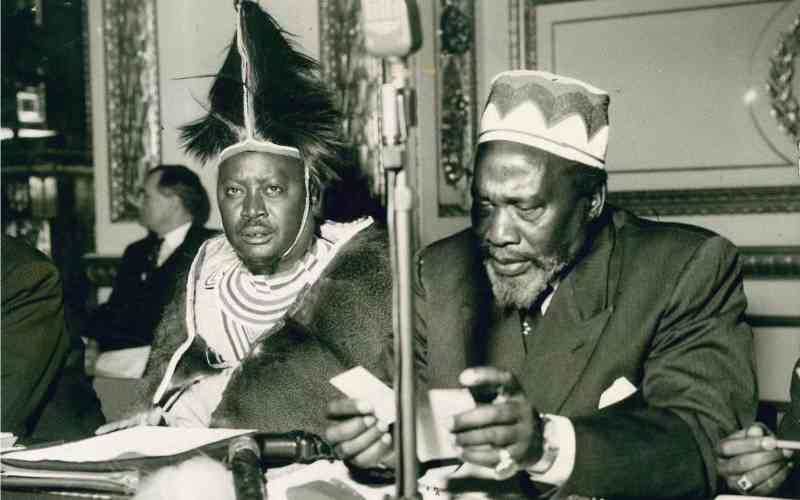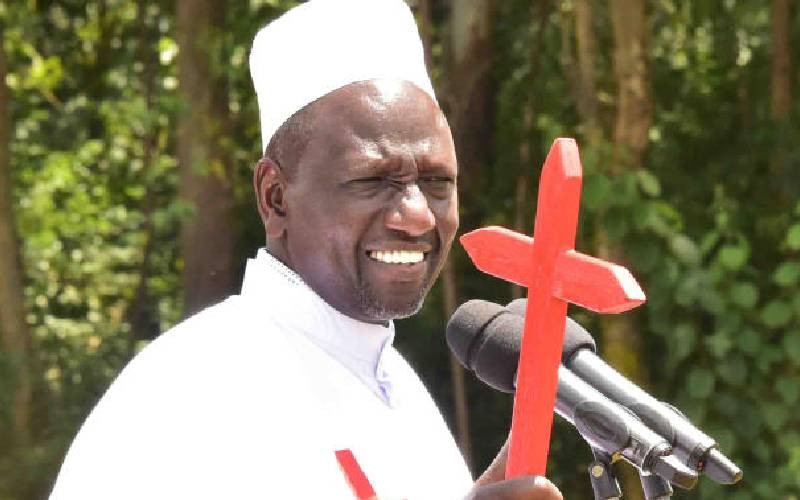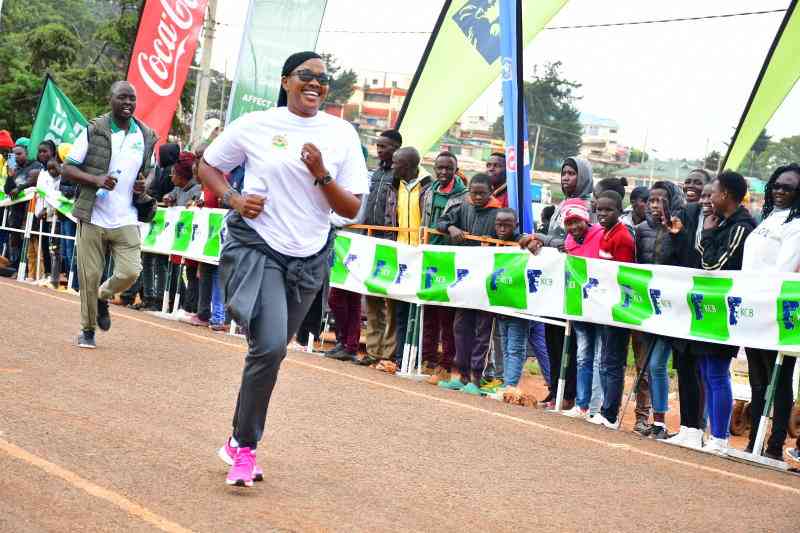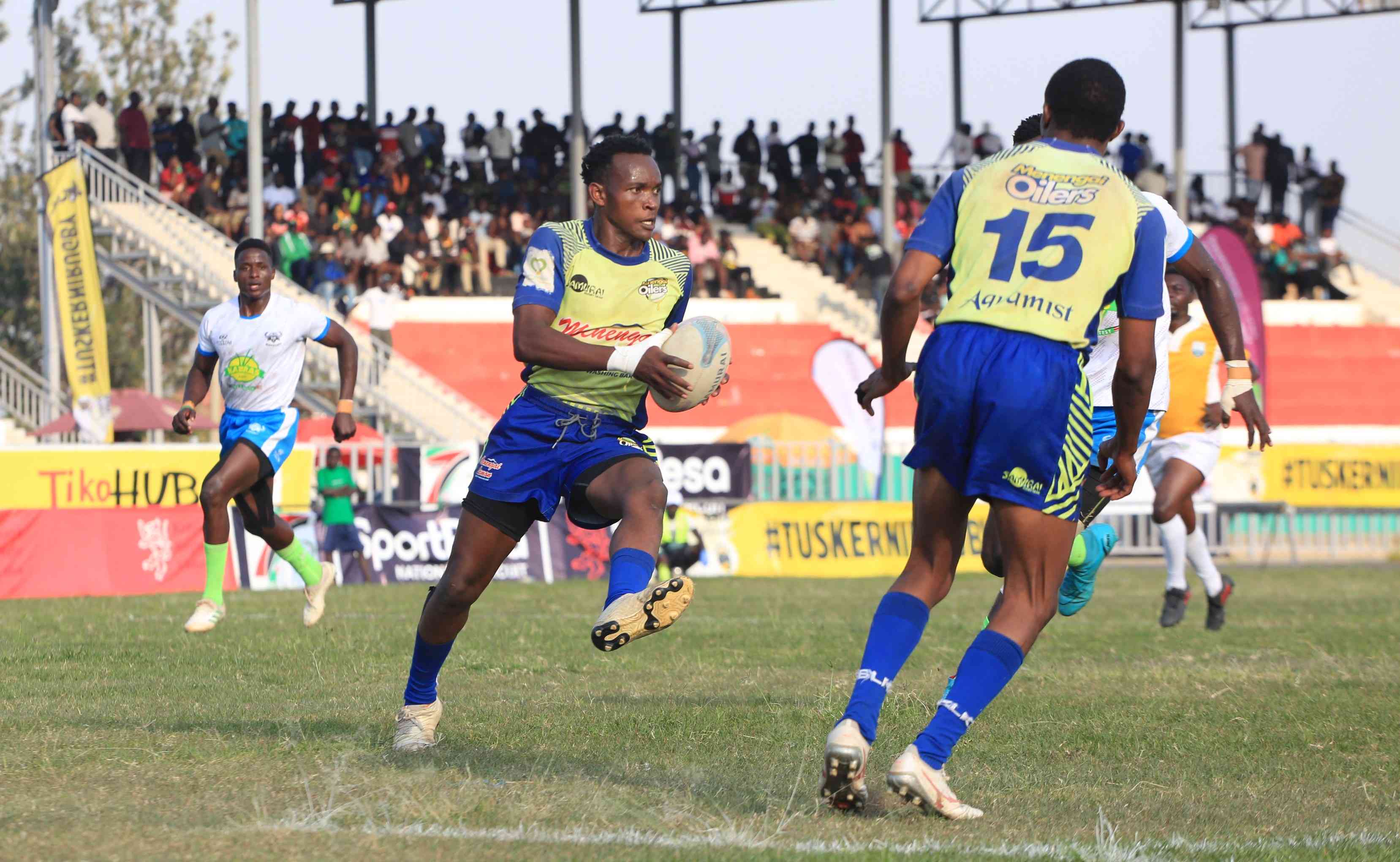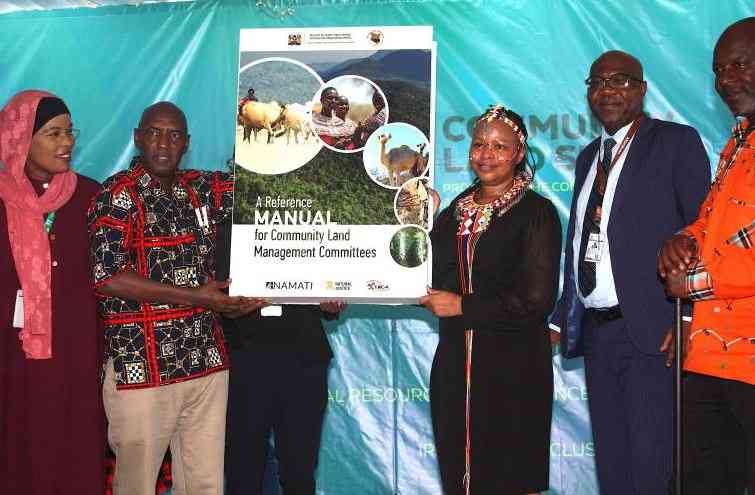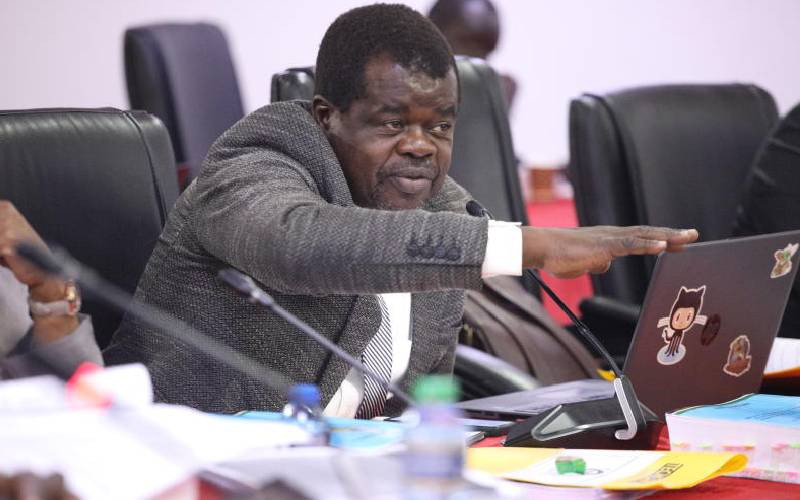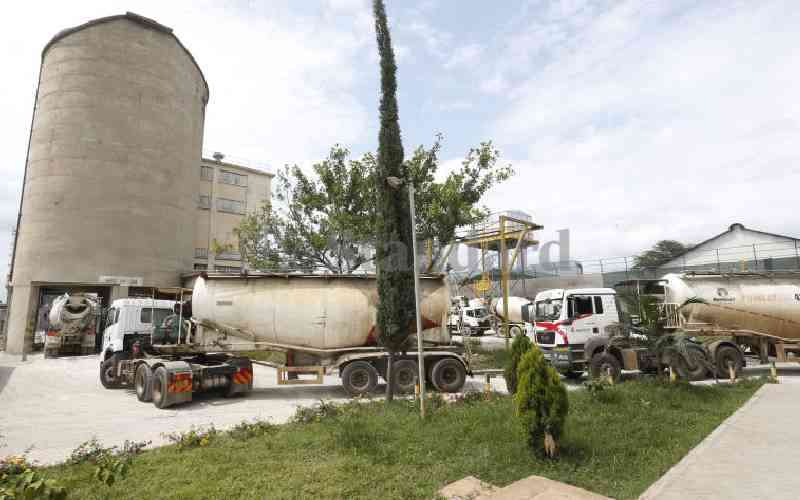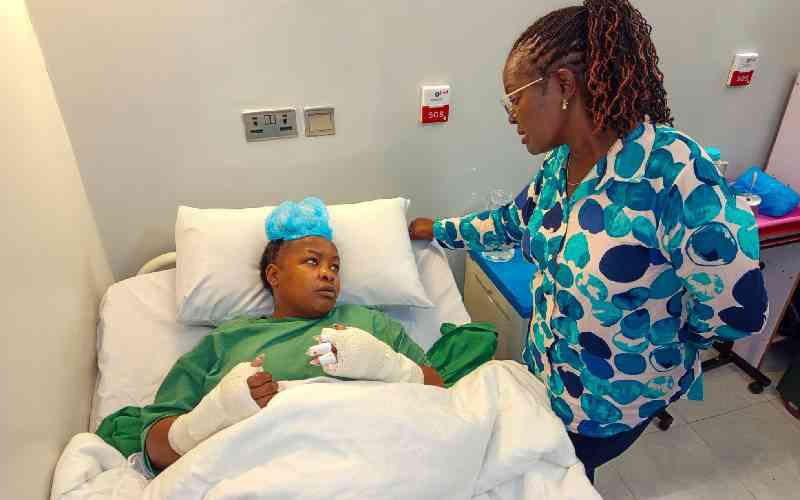By KAMAU MUTUNGA
Kenya is a peculiarly interesting country. It is eternally fascinating.
In Kenya, tongue scorching morning tea is almost mandatory.
A tout will shout to attract passengers in a matatu playing deafening music to achieve the same. ‘Sudden’ riches whose source is not drawing a winning card in a national lottery are suspiciously banked on dark forces, the ‘pharmacy’ trade or stealing from the government and not necessarily of kusema na kutenda (Jubilee’s slogan).
A politician can deny, publicly – video evidence notwithstanding – and get away without a slap of any fine.
A church can perfectly co-exist above a pub, each minding its own business… and ‘clients.’ In fact, you can attend a church service, buy maji ya baraka (holy water) and still visit a witch doctor in the evening and feel pretty normal – pronounced nomo!
That is not all.
There can be chronic shortage of water, but never of booze. No matter how severe the drought, barley will grow, but maize somehow, dries. Or is stolen. Kenyans will complain “hakuna pesa” (no money) but hardly “hakuna nyama! (no meat)” Meat will always hang naked in a butchery near you. In Kenya, living West of Uhuru Highway (even in a converted horse stable) is a sign of success.
You can brush your teeth via chewing boiled maize on your way to a kibarua (small business) and nobody gives a hoot.
An overturned oil tanker somehow lures a fuel looter blissfully puffing at a cancer stick.
In Kenya, ‘stolen’ elections can speed your appointment with St Peter or get your family relocated from a fertile 10-acre land to a remote and very dry 50x100 piece of taifa tukufu (great nation).
The safest business in Kenya is a bookshop. They are never robbed whether elections are ‘stolen’ or not. If you appear for two seconds in a music video you’re considered a celeb.
We can go on, but you get the drift? That is not the end as another side of our peculiarities rears its inimitable Kenyan head when disaster, tragedies, manmade or natural, come calling.
The recent terrorist attack in Nairobi’s Westgate Mall is one among a string of calamities that envelope us in collective grief and with it, our true God fearing and good-natured selves emerge.
But alas! we also spice it all with peculiar habits in full Third World, Darwinian and rustic glory.
Stay informed. Subscribe to our newsletter
1 ‘Toa ndugu, toa dada’
Donating, no matter how little, cash has a way of making one feel like God has particularly noticed your burst of M-Pesa generosity. Very cathartic.
An atonement almost. This financially sunny side of Kenyans has seen the fast raising of dough when the occasion and temper of the time demands. Sh60 plus million (for Westgate Mall victims).
The 2011 ‘Kenyans for Kenya’ drought fund pooled more than Sh700 million. The 2013 ‘Bring Back Zack Home’ campaign raised Sh250 million.
That harambees were banned is neither here nor there, in fact M-Pesa is raising ‘electronic harambee.’ But we have employed it in toa ndugu, toa dada (Sunday school chorus for offertory) fashion into a commendable way of solving urgent issues away from the usual pleas of naomba serikali (we-appeal-to the-government call!’
2 Con artists
While Kenyans are generous in moments of grief, godless charlatans always emerge to trim the edges of honesty. Like the cons who were illegally duping others to donate using their personal cellphone numbers.
3 Anonymous jokers
Some idler somewhere won’t see the gravity of a security operation and will get an illiterate kick in giving cops misleading information. That the quack is hiding atop the projector of Planet Cinema inside Westgate will be relayed via Twitter or phone text. Kumbe the fellow is safely holing up in say, Wanyee, off Ngong Road.
4 ‘Know-your-neighbour’
It is a sudden life and death campaign to ‘jua jirani’ (know your neighbour) when outsiders are here to “destroy us”, but this good character quickly fizzles out when the last soldier in the scene of terror boots back to camp.
5 The have-yachts vs the have-nots
The terrorist attack on Westgate Mall brought out the subconscious vestiges of societal class differences in Kenya. Free counseling for trauma and what have you. The 2011 Sinai slum fire tragedy claimed 100 lives with 116 hospitalised with various burn injuries. There were no free counseling services. No countrywide blood donation drive. No massive M-Pesa fundraising. F. Scott FitzGerald, he of ‘The Great Gatsby’ fame said the “rich are different from you and me.”
6 ‘Vichwa ngumu’
Personal contacts left in visitor’s books before entering major buildings could be invaluable while tracking people in times of unforeseen calamities like terror attacks from which some become ‘was.’ But Kenyans are ‘vichwa ngumu’ (stubborn) and rarely bother to sign out… even as Westgate Mall was under siege!
7 Blood donations
Kenya’s Blood Bank is always on the red. Kenyans are hardly stirred to donate blood even when Kenya Red Cross Society pitches tent at a pavement near their cobbled boots and ‘Take me to Heaven’ high heels. But wait until a disaster strikes… a visitor would think there is a mini general election.
8 Call-in FM radio sessions
If only we also called FM radio stations with equal zeal to fervently discuss, the Kenya National Disaster Management Policy, The Ndung’u Land Report, The Boundaries Commission and Devolution in Kenya?
9 Crowd-staring sessions
From staring at ‘stuck’ couples they can hardly see from the wire mesh window on the sixth floor, to watching an innocent tax payer being robbed only to immediately pose: “umeibiwa ngapi?” Kenyans are genetically wired to gather in crowds and stare at scenes of crime, accident, break-ins, female cat fights. If only we also frequently toured game parks to stare at wildlife in groups of every Tom, Dick, Harry and Shikwekwe?
10 Kenyans in the Diaspora
They respond with tweets, frantic calls, WhatsApp swaps, Facebooking, Skype ‘interrogations’ and on learning their blood relations are safe and sound, hale and hearty, go ahead to post Kenya’s National Anthem in all its stanzas on their profiles with ‘God Bless Kenya’ at the tail end of their long-distance patriotism.
 The Standard Group Plc is a
multi-media organization with investments in media platforms spanning newspaper
print operations, television, radio broadcasting, digital and online services. The
Standard Group is recognized as a leading multi-media house in Kenya with a key
influence in matters of national and international interest.
The Standard Group Plc is a
multi-media organization with investments in media platforms spanning newspaper
print operations, television, radio broadcasting, digital and online services. The
Standard Group is recognized as a leading multi-media house in Kenya with a key
influence in matters of national and international interest.
 The Standard Group Plc is a
multi-media organization with investments in media platforms spanning newspaper
print operations, television, radio broadcasting, digital and online services. The
Standard Group is recognized as a leading multi-media house in Kenya with a key
influence in matters of national and international interest.
The Standard Group Plc is a
multi-media organization with investments in media platforms spanning newspaper
print operations, television, radio broadcasting, digital and online services. The
Standard Group is recognized as a leading multi-media house in Kenya with a key
influence in matters of national and international interest.

